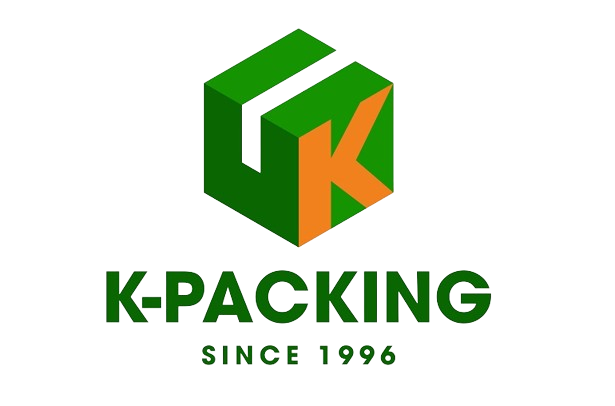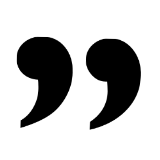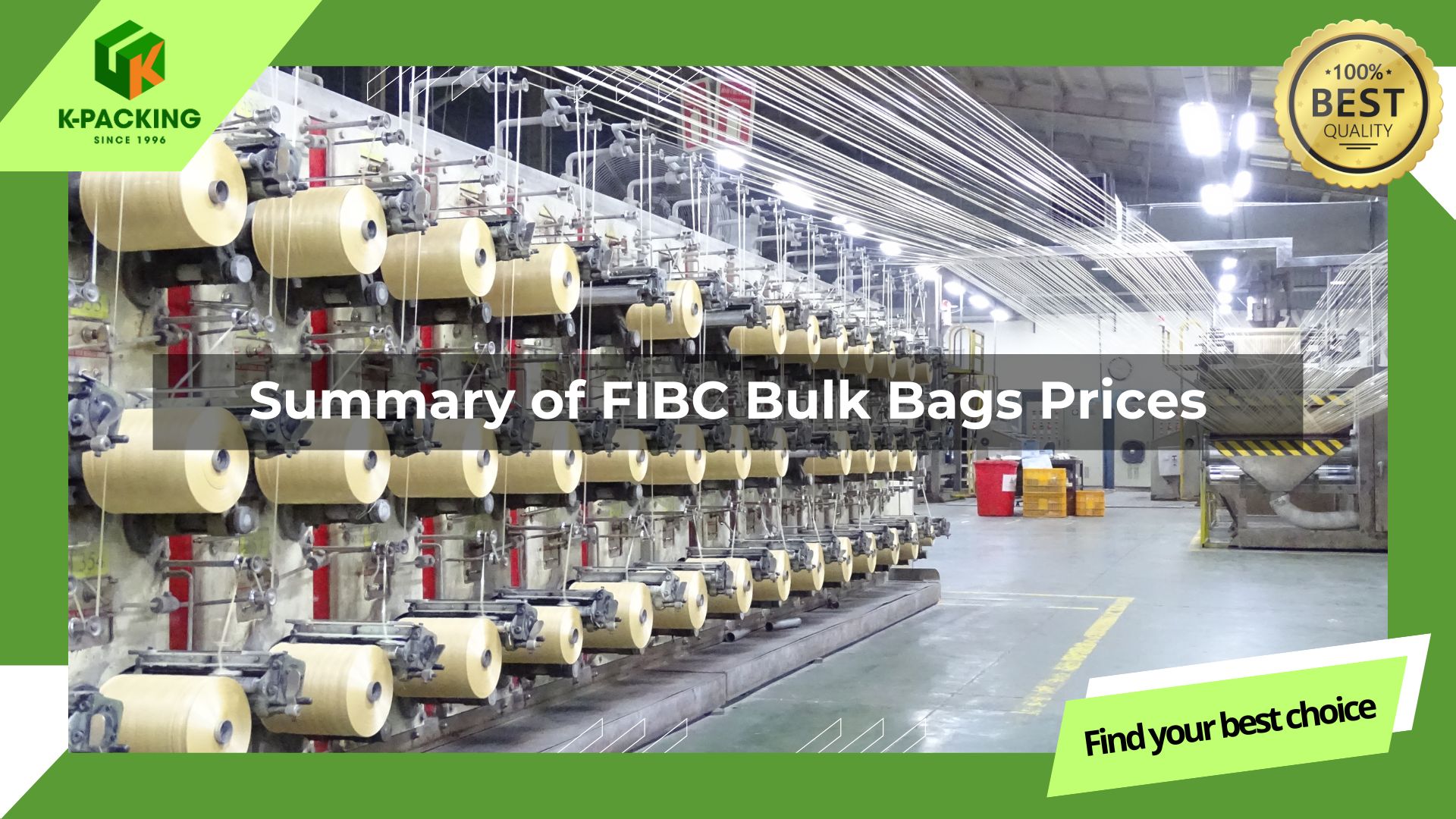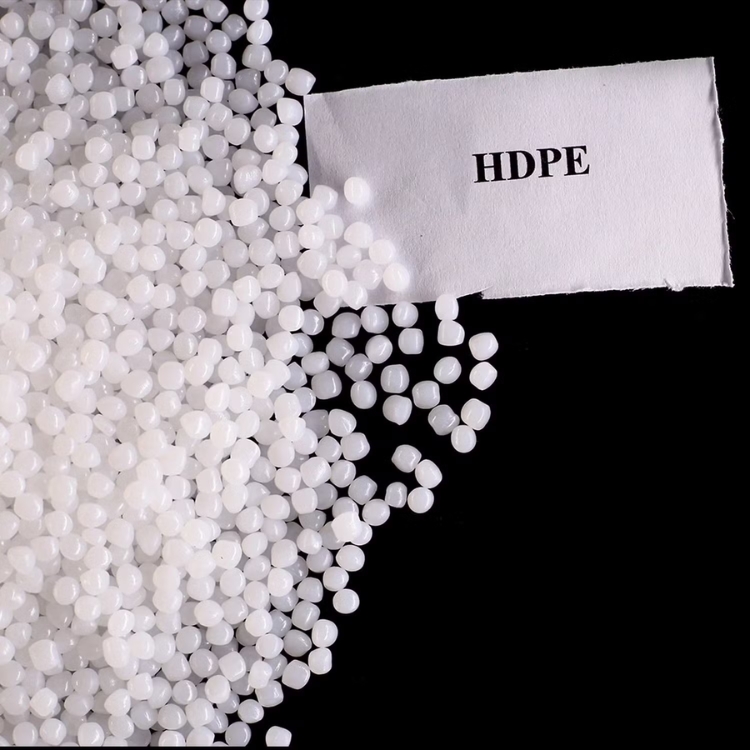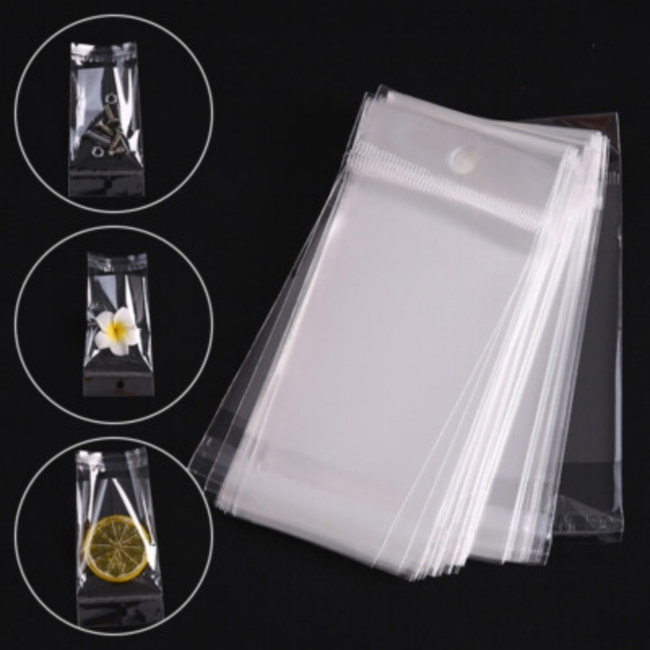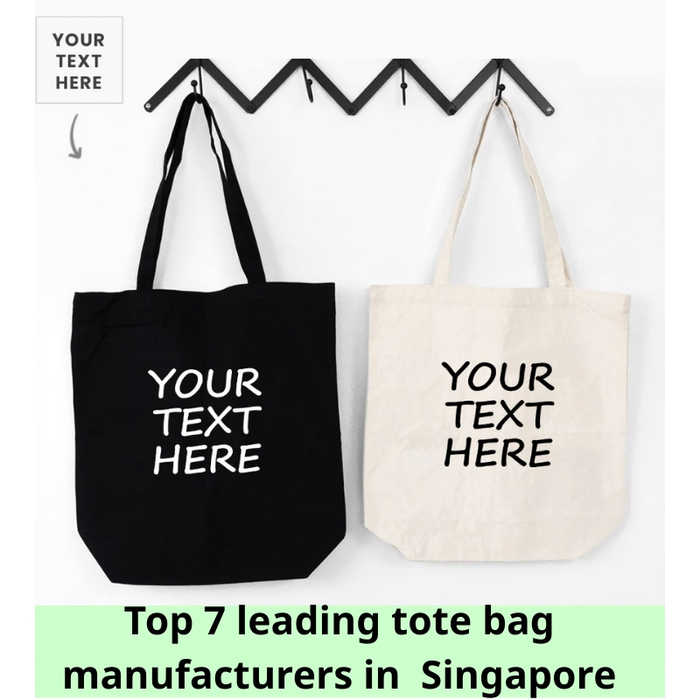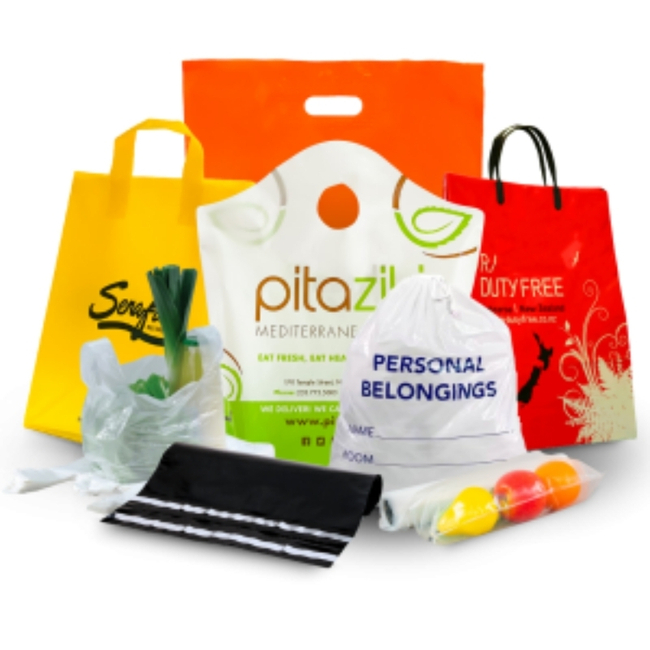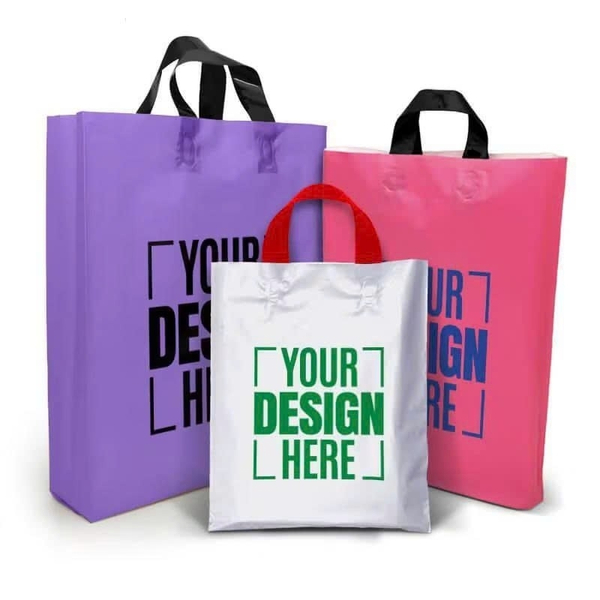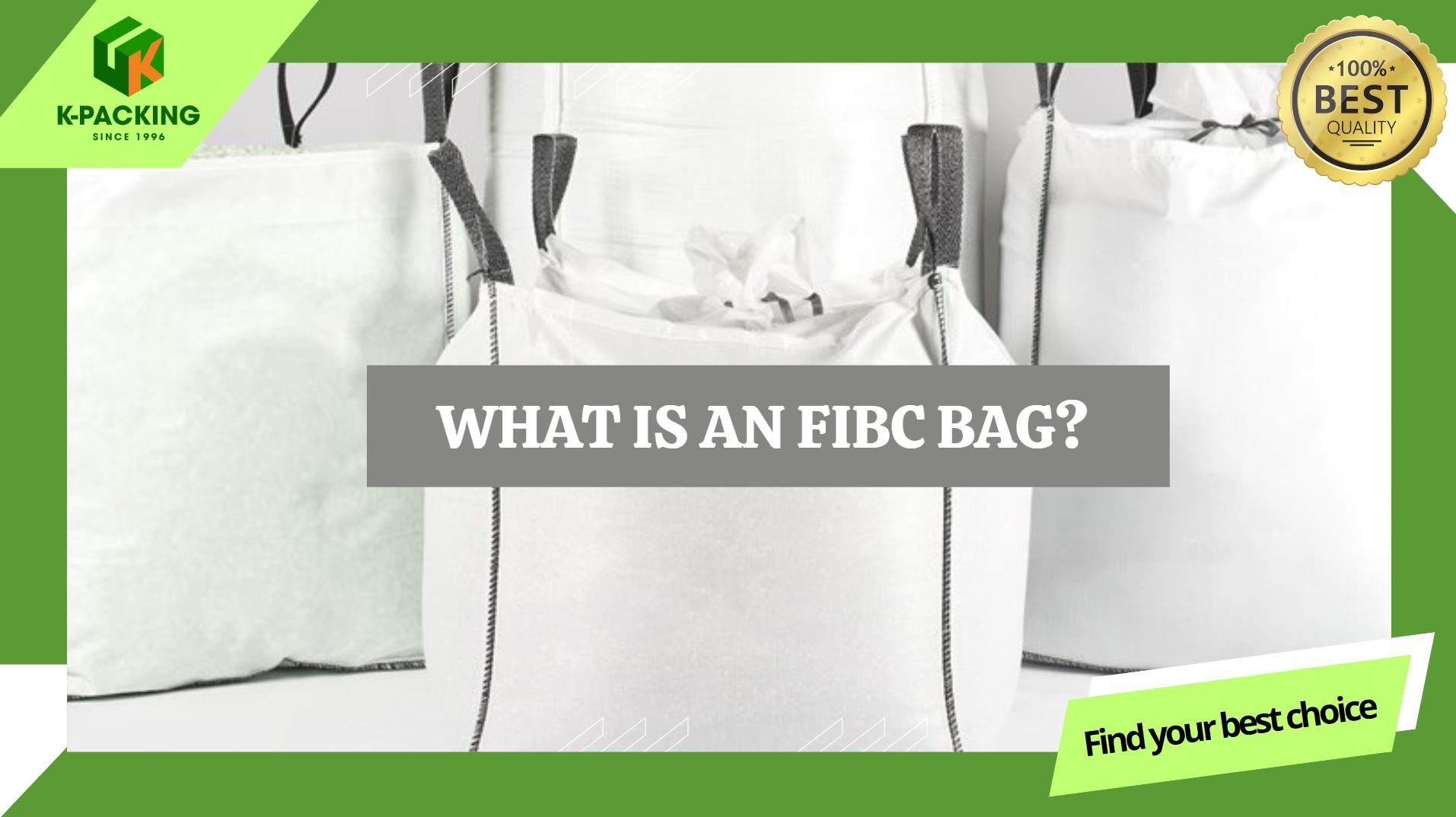Canvas tote bags combine durability, versatility, and sustainability better than any other packaging type. A well-made cotton canvas bag lasts 3–5 years and can be reused over 500 times, reducing both waste and packaging costs compared to single-use alternatives.
For businesses, this translates into high visibility and long-term ROI. Studies show that reusable tote campaigns can generate up to 1,000 impressions per bag during its lifetime far more cost-efficient than traditional ads. In retail and events, switching to reusable canvas bags can cut packaging expenses by 30–40% annually while boosting perceived brand value.
Beyond cost savings, canvas tote bags enhance a company’s sustainability credentials. Over 70% of global consumers prefer brands that demonstrate real environmental action. Adopting canvas bags helps companies meet ESG goals, build loyalty, and strengthen their green image.
Let’s explore how leading brands such as Muji, Uniqlo, Whole Foods, and Marriott have leveraged cotton canvas bags to communicate sustainability and brand authenticity effectively.
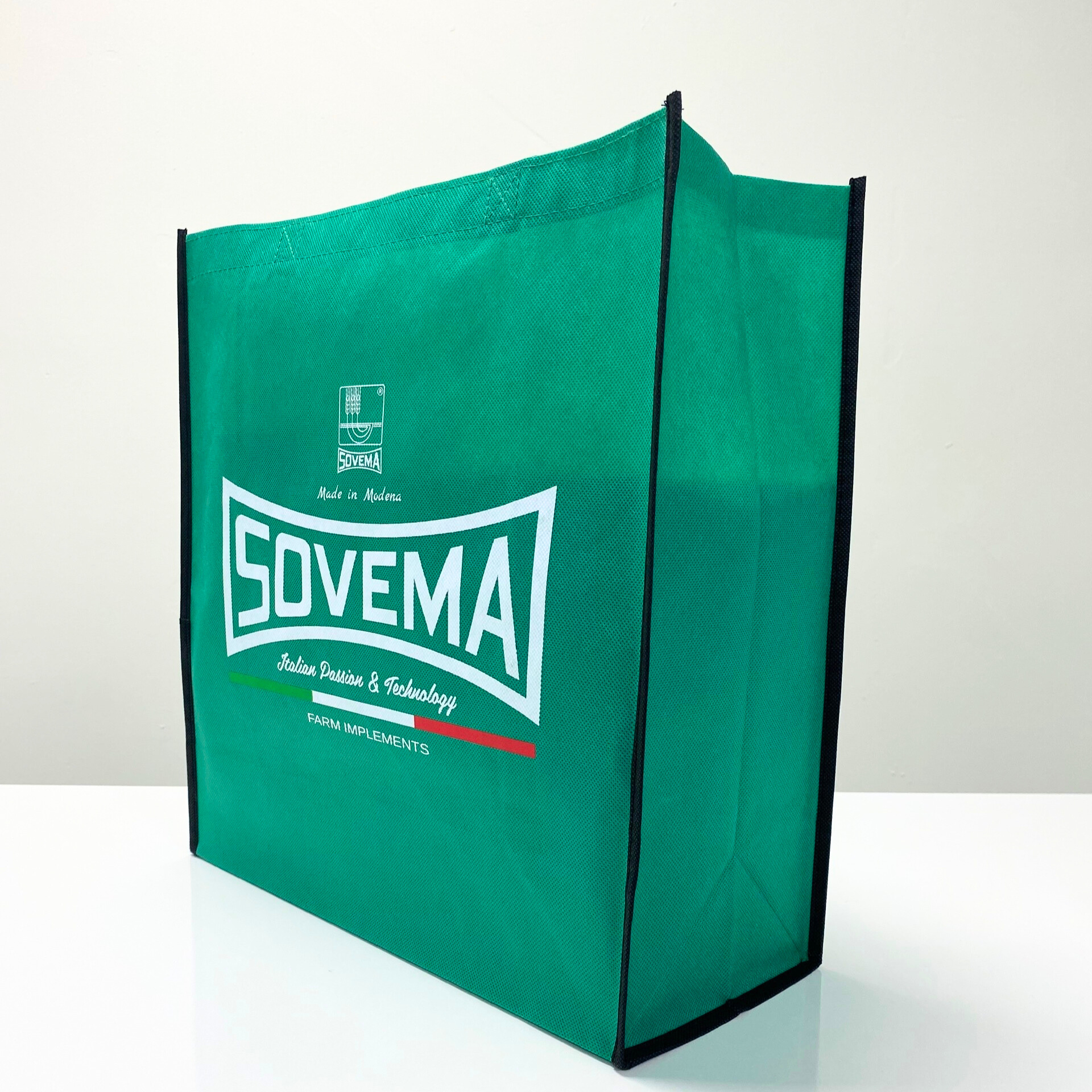
1. Cotton canvas bags in retail
In the retail industry, cotton canvas bags have evolved from simple shopping accessories into long-term branding assets. As global regulations phase out single-use plastics, retailers are turning to canvas totes to express their sustainability values while maintaining a refined customer experience. The texture, strength, and customizability of cotton canvas make it ideal for brands that want to project quality and care.
Leading retail names such as Muji, Uniqlo, and H&M have effectively incorporated canvas totes into their identity. Muji’s natural beige cotton bags embody its “Simple & Natural” philosophy, while Uniqlo’s limited-edition artist collections transform reusable totes into fashion statements that drive repeat purchases. In grocery and organic retail, Whole Foods and Trader Joe’s have fully replaced plastic with durable canvas bags made from recycled cotton, positioning their stores as sustainability pioneers.
From a business perspective, canvas tote bags deliver high long-term visibility at low cost. Each reused tote creates ongoing impressions without additional advertising spend, turning everyday shoppers into mobile brand advocates. Retailers can further enhance impact by integrating QR codes linking to loyalty programs or sustainability pages, or by offering seasonal co-branded collections.
Prioritize functional design and consistent messaging. A sturdy, well-crafted tote that reflects the brand’s aesthetic and purpose can travel further and communicate more authentically than any billboard campaign.
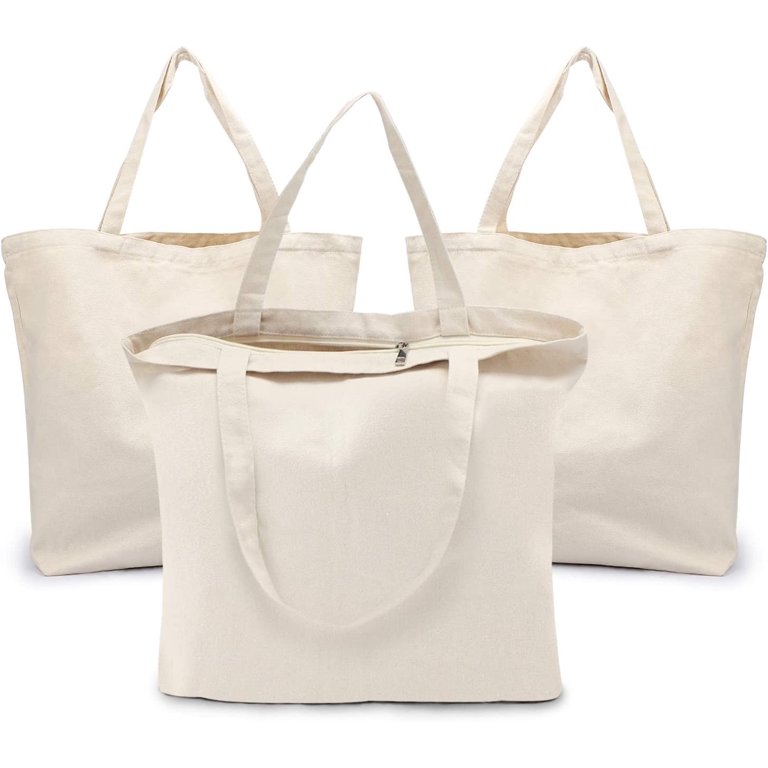
2. Cotton canvas bags in hospitality & tourism
Within hospitality and tourism, cotton canvas bags have become a subtle yet powerful touchpoint that links brand luxury with environmental awareness. Hotels and resorts increasingly use them as part of their guest experience strategy, replacing disposable amenities with functional, high-quality items that guests actually want to keep and reuse.
Premium hotel chains such as Marriott International, InterContinental Hotels Group (IHG), and Six Senses Resorts have already integrated cotton canvas totes into their ESG initiatives. According to Marriott’s 2024 Serve 360 ESG Report, the group is phasing out single-use plastics and introducing reusable amenities as part of its sustainability goals. Boutique hotels and eco-lodges across Asia-Pacific also provide custom canvas beach or shopping bags, turning a small gesture into lasting brand exposure.
From a strategic standpoint, canvas bags help hospitality brands create experiential sustainability by demonstrating care not through slogans but through thoughtful design. Each reuse by a traveler becomes organic promotion across cities and social media, reinforcing trust and recognition among eco-conscious audiences.
Choose thicker cotton (10–12 oz) or blends with linen or hemp for durability and tactile quality. Treat the tote not as a giveaway but as a designed extension of the guest journey, a detail that subtly communicates authenticity, comfort, and environmental respect.
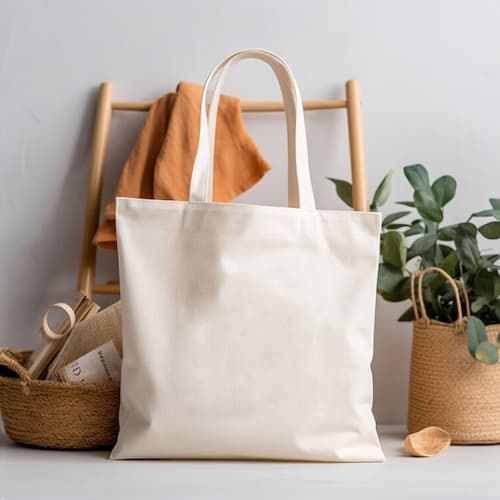
3. Cotton canvas bags in food & beverage
In the food and beverage industry, packaging is more than a container – it is an expression of brand identity and trust. Cotton canvas bags have become an effective way for F&B brands to connect quality, sustainability, and customer experience in one unified message. Their natural texture and visual appeal make them especially suitable for cafés, organic food stores, bakeries, and beverage brands seeking an authentic image.
Leading brands such as Starbucks, Pret A Manger, and Blue Bottle Coffee have successfully integrated canvas totes into their product and retail ecosystems. Starbucks sells reusable canvas merchandise alongside its coffee line, reinforcing its “Planet Positive” commitment. In Japan and Korea, Blue Bottle offers limited-edition cotton totes with minimal design that customers often treat as lifestyle accessories, strengthening emotional attachment to the brand.
For businesses, canvas bags serve as brand ambassadors beyond the point of sale. Each reuse acts as a visual reminder of quality and eco-conscious values, subtly increasing customer recall and affinity. Moreover, replacing disposable paper or plastic takeaway bags with reusable cotton totes can reduce packaging waste by up to 40% annually, while positioning the company as a responsible, forward-thinking brand.
Note for F&B brands: Use clean, minimal designs and natural tones that align with your product image. A simple logo on a well-crafted cotton tote often communicates authenticity more effectively than printed advertising.
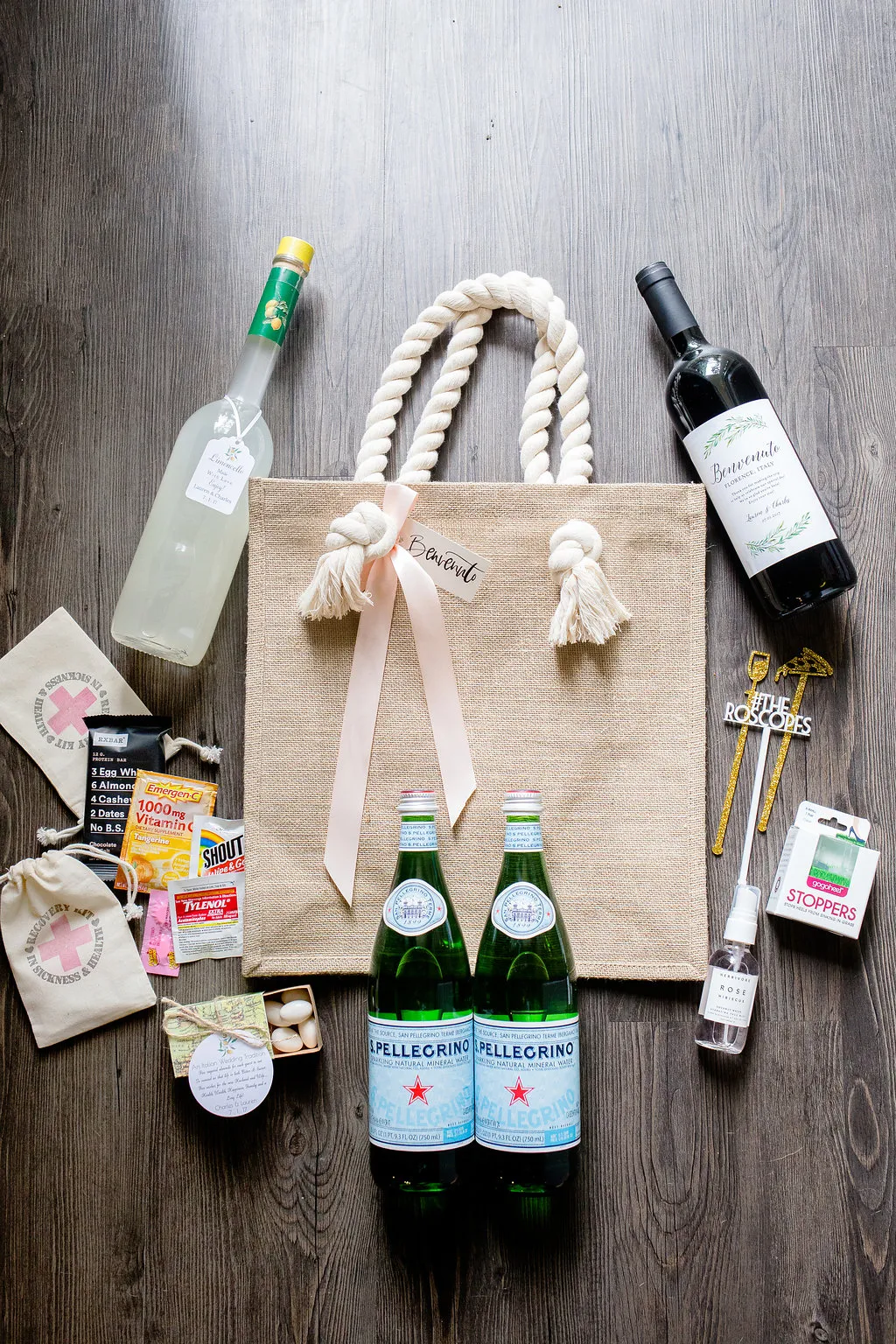
4. Cotton canvas bags in corporate & tech
In the corporate and technology sectors, cotton canvas bags play a strategic role in connecting sustainability commitments with professional branding. As companies move toward greener operations and transparent ESG reporting, even small design choices like event packaging or employee welcome kits become meaningful symbols of corporate responsibility.
Global companies such as Google, Microsoft, and Dell have adopted canvas and other natural fabrics in their merchandise and promotional materials. Google’s Cloud Next events use recycled-cotton tote bags for participants, while Dell integrates sustainable textiles in its “Legacy of Good” program. These actions reinforce not only environmental accountability but also brand modernity and innovation.
For businesses, cotton canvas bags provide both utility and brand visibility. They create consistent visual identity across conferences, client gifts, and employee onboarding, all while reducing reliance on synthetic materials. Each reuse by an employee or client amplifies the brand message, building long-term trust and recognition. Companies that integrate such details into their operations often see stronger alignment with ESG goals and enhanced stakeholder perception.
Invest in subtle, premium-quality designs that reflect professionalism – muted colors, clean logos, and sturdy stitching. Treat every tote as a brand touchpoint that communicates both competence and conscience.
5. Cotton canvas bags in sports & fitness
In the sports and fitness industry, cotton canvas bags align naturally with the values of endurance, health, and sustainability. As more consumers adopt eco-conscious lifestyles, brands that use canvas bags in their product lines or retail experience reinforce a powerful message: performance and responsibility can coexist.
Global leaders such as Nike, Adidas, and Decathlon have already introduced cotton or blended canvas materials in their gym duffels, yoga bags, and retail merchandise. These durable and breathable fabrics create a premium yet approachable image, allowing customers to associate the brand with both quality and environmental care. Smaller fitness brands and gyms are also adopting personalized canvas bags as welcome kits or membership gifts, increasing brand loyalty through practical daily use.
For businesses, canvas bags deliver long-lasting brand visibility in dynamic environments. Every time customers carry their gym or yoga tote, they amplify brand recognition across fitness centers, parks, and social media. Cotton’s strong and washable nature ensures reusability for years, lowering the lifetime marketing cost per impression.
Note for sports and fitness brands: Choose strong stitching and thicker cotton (12–16 oz) to ensure the bag performs under daily use. Keep the design energetic but minimal, highlighting the brand’s active personality and eco-driven mindset.
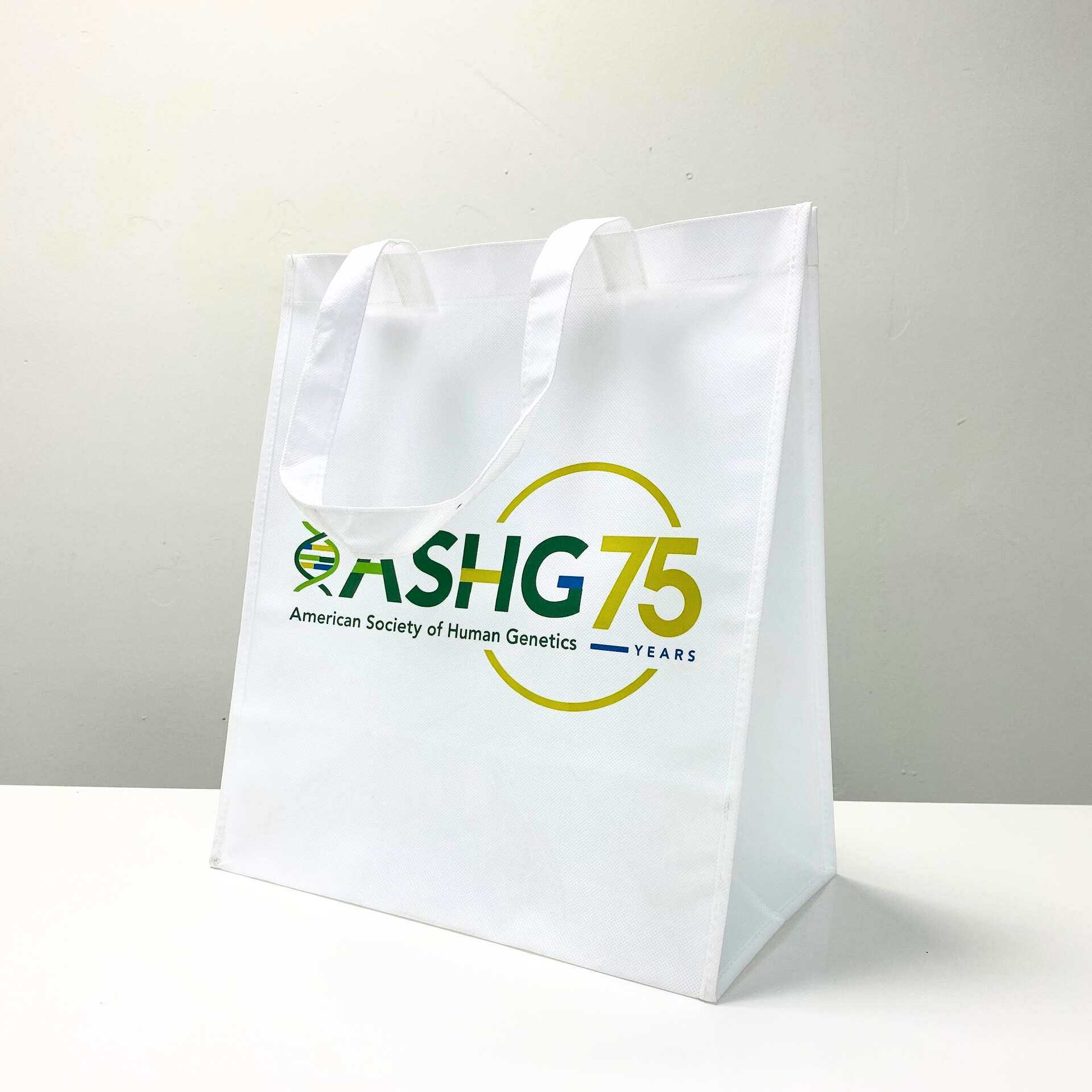
6. Turning cotton canvas bags into long-term brand assets
Conclusion
Cotton canvas bags represent more than an eco-friendly alternative to plastic. They are a long-term investment in brand identity, customer trust, and sustainable growth. Across industries from retail and hospitality to corporate and sports, leading companies are proving that reusable packaging can be both functional and emotionally resonant.
For businesses, the value of cotton canvas lies in its ability to turn sustainability into visibility. Each reuse transforms a simple tote into a moving billboard, continuously reinforcing the brand’s message and purpose. When integrated with consistent design, service quality, and authentic communication, canvas bags become strategic tools that bridge business goals with environmental responsibility.
In a market where consumers reward brands that act responsibly, adopting cotton canvas bags is not just a design choice; it is a statement of integrity and foresight. Companies that invest in such tangible expressions of sustainability today will build stronger brand equity, deeper loyalty, and a lasting competitive advantage in the years to come.
